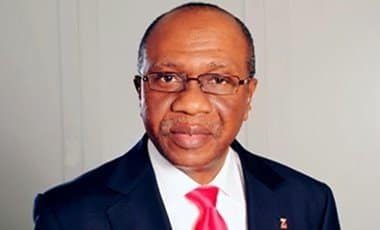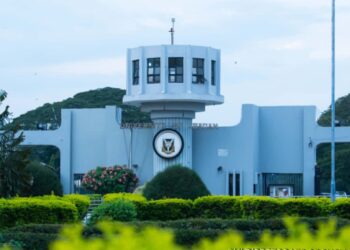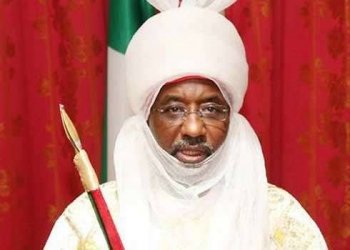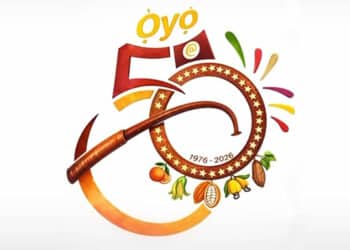GOVERNOR of the Central Bank of Nigeria (CBN), Mr. Godwin Emefiele, has explained that the Treasury Single Account (TSA) was one of the best and boldest decisions any administration in the country had so far taken.
According to him, the impression that the TSA was stifling banks was created to draw unnecessary sympathy, adding, “It is unfortunate that this is the way the banks have interpreted it. When I was in the bank, how much loan did I give you as a Small and Medium-sized enterprise?”
The governor, who delivered a lecture to participants of the Senior Executive Course 38 at the National Institute of Policy and Strategic Studies in Kuru, near Jos, on Friday, added that the bank has decided to take hard decisions in order to revive the economy in a sustainable way.
According to him, “it is apparent that we as a people cannot continue to depend on other countries for things that can easily be produced locally. How do we justify the importation of items like eggs from South Africa, beef from Zambia and toothpick from China?
“When you have policies that people are praising, that means such policies are not really good, because the people praising the policies know that they can circumvent them. But if people criticise your policies, especially in Nigeria, such policies are good; the people criticise them because they know that they cannot circumvent them.”
The governor noted the CBN witnessed a significant decline in our FX Reserves from about US$42.8 billion in January 2014 to about US$25.7 billion today.
“Despite these outcomes, the demand for FX has risen significantly. For example, in 2005 when we had oil prices at about US$50 per barrel for an extended period of time, our monthly average import bill was N12.4 billion.
“In stark contrast, our average import bill for 2015 stood at about N76.5 billion per month. Unfortunately, the interplay between reduced FX supply highlighted above and rising FX demand accounted for a substantial drain on our reserves”, he explained.
He appealed to Nigerians to face the reality of the fact that these are not normal times across the globe and therefore hard choices are required to turn around the situation.
Emefiele therefore, vowed to deploy appropriate monetary policy tools “to attain and inclusive growth by bolstering productive capacity and ensuring that Nigerian economy is indeed self-sufficient.”
According to him, “developments over the last two years show that these are not normal times by any stretch of imagination” and noted that “the CBN has always tried to act in good faith, with the best available information and in cognizance of current economic conditions, to pursue the goals of price and financial system stability, as well as catalyze job creation and inclusive growth in the country.”
He therefore urged that “we should remain resolutely committed to the course and be motivated by the achievability of our desire to strengthen the economic fundamentals.”
Emefiele recalled that “20 years ago, we had textile, we had the groundnut pyramids, Cocoa with which the legendry Cocoa House was built and palm oil. We also used revenue from agriculture to build our economy. But after we found oil, we abandoned all that for easy money. Today, we are suffering the consequences.”
Responding to a question by one of the course participants bothering single treasury account (TSA), Emefiele, said that the introduction of the Treasury Single Account was one of the best and boldest decision any administration in the country had so far taken.










